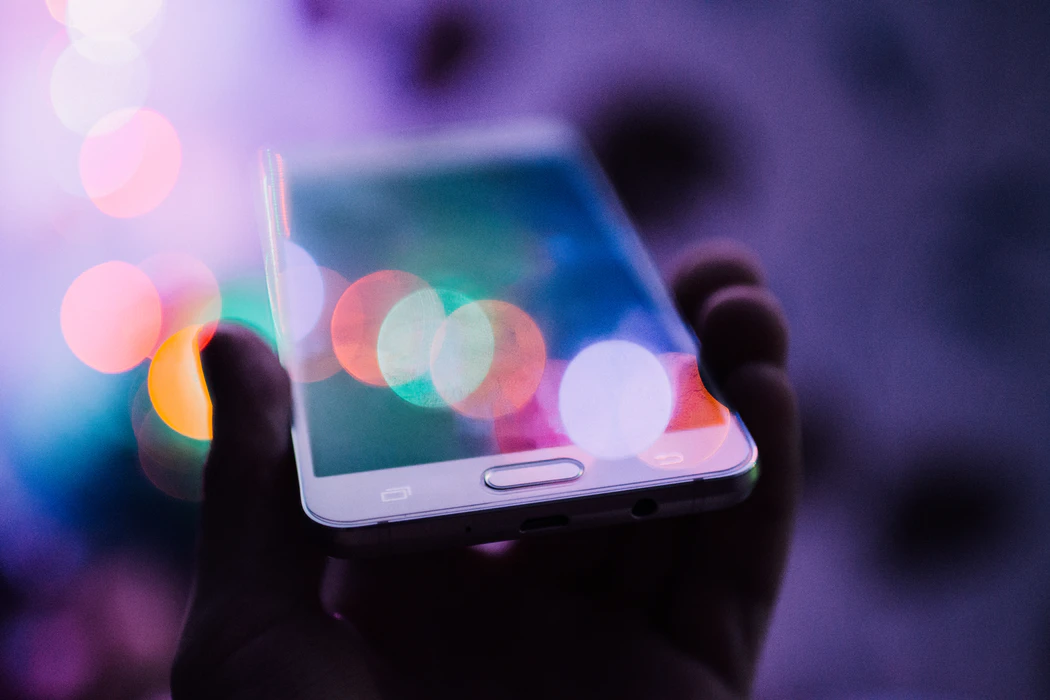
Digital Experiences: Boon or Bane?
2020-10-23
Img Source: https://unsplash.com/photos/0VGG7cqTwCo
It’s not unusual for new technology to face resistance and for it to be greeted with apprehension. It’s a recognized phase in the adoption process of technology that all new inventions and discoveries must go through.
And that fear of the unknown plays a big part in this phenomenon. For example, when we first digitalized communications through electronic mail (we all say email now), there were two major points of opposition.
The first, was that the tech would never be enough to send large amounts of data over attachments, with people worried the Internet would break one day when people started attaching pictures, music, video… but look at where we are today, streaming movies in high definition, with 5G technology now rolling out in many countries promising bandwidths that put most phone storage sizes to shame.
The second was perhaps more of an empirical argument: that digital communications would cause us to become less personal and less… human. For sure, digital communications have made paper mail all but extinct: today, most developed countries even see paper mail as physical spam (this guy collected 25 kilos of junk mail in one year), but back when people were just beginning to use email, they were worried that communications would become less personal, and less meaningful.
So maybe the concern could be true to a certain extent, but tell that to entire generations of people who made friends and fell in love and kept their relationships online!
